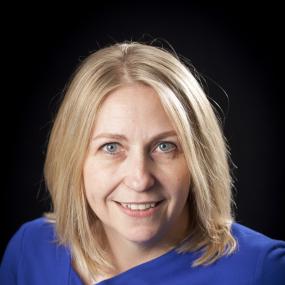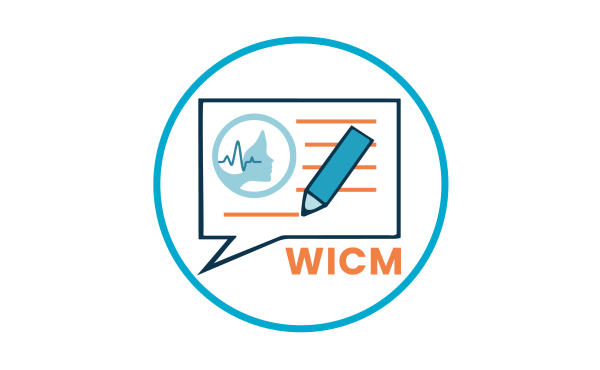This is what power looks like

FICM Dean
International Women’s Day (IWD) imagines a world free of bias, stereotypes, and discrimination, one that's diverse, equitable and inclusive and where difference is valued and celebrated. Nice words, but one person can’t do much to make a difference can they? It’s down to the people with power to make the big changes right?
Outspoken intolerance of unfairness has always been a core personality trait for me and it has at times got me into trouble - “belligerence” was how one unamused teacher described it. But I’ve never been someone to physically protest, I’ve relied on words and the power of argument. As a female consultant I felt I was treading a line between my preferred choice of advocacy and others’ (possibly unfair) perceptions of me. That meant, at times, I didn’t speak up for myself as much as I could, preferring to save my ‘outspokenness’ for those I felt were less able to in some way. I didn’t understand there could be other ways to succeed and get things done.
At a pivotal point in my consultant career, I volunteered to have a behavioural assessment with an occupational psychologist. I was supposed to be her healthy control. It took a whole day to do and felt like the psychological equivalent of someone rifling through my underwear drawer. The insights I gained from it have continued to have a significant impact on me. I was told that I need to focus on developing my personal power and learn to celebrate my own achievements so I could exert the influence I would need to have if I wanted to do more significant things in my career. At the time, that felt completely unrealistic and frankly unnatural.
The psychologist gave me homework, including a recommendation to read ‘Power’ by Jeffery Pfeffer and consider what made my role models effective. Pfeffer argues that we should want to have power. Powerful people have self knowledge, a reflective mindset, and can project self assurance. They are also good at reading others and able to tolerate conflict and they work on developing those skills. Some of those may seem traditionally masculine traits, or in the case of conflict tolerance appear arguably undesirable. However, being powerful means that when the opportunities arise, you’re more able to put yourself into the positions that give a greater chance of a successful outcome. We can therefore focus on personal developmental changes that mean when the opportunities arise, we’re in a better position to make use of them.
This rings true for me as It’s what I’ve observed. People I’ve admired and who have been effective allies, have also supported me to make changes when I’ve been able to realise my own power to make change. As an example, setting up the WICM subcommittee at a time when women’s voices were not being heard as much as they could in the higher levels of the Faculty. We’ve since seen those standing for and being elected to FICM Board, reflect the greater number of women in the specialty. I am positive we can do the same to support and promote other underrepresented groups in our specialty.
So in properly celebrating IWD, let’s raise awareness about discrimination and foster inclusion. And in doing so, let’s take ownership of power, as something to aspire to having. Let’s all work on being powerful. I know I am.
Related Content
Written by Dr Laura Coleman
Written by Dr Alexandra Kendall-Smith
Written by Dr Emily Reynolds

